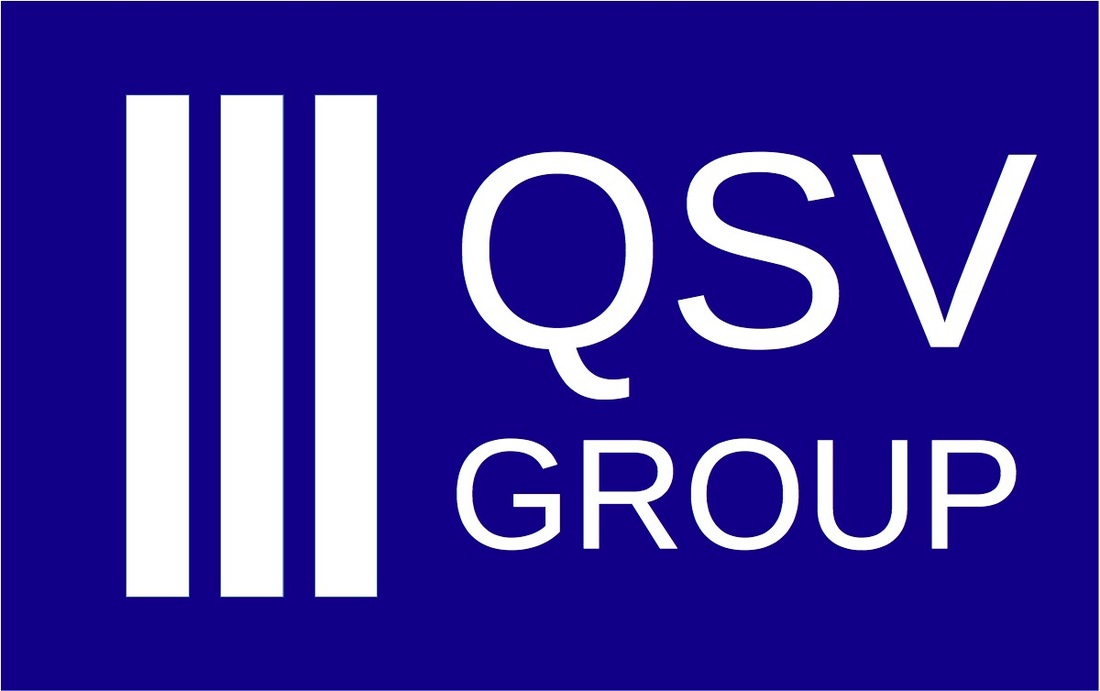Innovative Italian Government Guarantee for NPL Securitisations a Model for Other Countries?19/2/2016 Countries with banking systems weighed down by large NPL portfolios will be monitoring the introduction of an Italian State guarantee (Garanzia Cartolarizzazione Sofferenze - GACS) later this year. The government guarantee will only apply to eligible investment-grade senior notes in NPL securitisations, and it is expected that the fee to be paid for the government guarantee will be priced at arm's length and will therefore not be classified as State aid. The goal of the guarantee scheme is to maximise the value of the NPLs being securitised, especially when compared with the unattractive alternative of a fire sale of the distressed assets. However, it remains to be seen whether the pricing of the transferred NPLs will be attractive enough to generate sufficient investor appetite in the junior tranches. If this mechanism proves successful, it may prove to be an interesting model for other countries....
A number of countries have successfully used government guarantees to improve banks’ access to funding, and to support the proper functioning of their national securitisation markets - primarily in mortgage-backed securitisations. These include Canada, the USA and the Netherlands. In the Netherlands, the fear of having to sell a home while in negative equity is eased in many cases by the National Mortgage Guarantee, which covers the borrower’s residual debt, subject to a maximum of €245,00 (€225,000 from 1 July 2016).
1 Comment
Ireland is one of the early adopters of the OECD Common Reporting Standard (CRS) for the automatic exchange of tax information, and Irish implementing legislation is in effect since 1 January 2016. The first CRS annual reporting by financial institutions/Irish Section 110 companies, relates to the 2016 calendar year and the returns will need to be filed by end-June 2017. I am sharing here some personal thoughts on the impact of CRS on Irish Section 110 SPVs from a corporate services provider perspective; please consult with a tax advisor for formal guidance.
The CRS framework is broadly similar to the recently implemented reporting requirements of the US Foreign Account Tax Compliance Act (FATCA), with some notable differences:
QSV Group will be providing SPV management services for Irish-domiciled securitisations, aviation leasing structures and other Section 110 entities from the beginning of March 2016.
Kieran Desmond, QSV Group's managing director said: "We are delighted to announce that QSV Group will be launching SPV management services from its new Dublin offices. QSV Group will bring a unique blend of quality, service and value to SPV management in the Irish market. A team of experienced structured finance accountants and compliance professionals will deliver a highly-competitive, reliable and responsive service in the heart of Dublin's International Financial Services Centre (IFSC). We look forward to supporting Ireland's growing success as the location of choice for international debt capital markets structures. " e: [email protected] Choosing between Ireland, The Netherlands and Luxembourg as an SPV location for securitisations9/2/2016 Ireland is the location of choice for domiciling international debt capital markets structures, winning a larger share of new SPVs relative to its main competitors – The Netherlands and Luxembourg.
Why is this? All three countries are attractive in terms of tax neutrality and also provide access to a wide array of double taxation treaties to ensure that the returns to investors are paid free from withholding tax, to the extent possible. Let's skip lightly over these complexities! The additional factors that tend to differentiate Ireland from its two main rivals are as follows: Legal infrastructure: Ireland is a common law jurisdiction with a robust legislative infrastructure for securitisation transactions (Section 110, TCA). This degree of certainty provides increased clarity and assurance for investors. Cost: Ireland tends to be a less costly location than its main rivals for setting up and maintaining securitisation transactions. SPV management fees and auditor costs are typically lower in Ireland than in Luxembourg or The Netherlands. SPV capitalisation in Ireland can be as little as one euro and corporate income tax is negligible because profits can be fully swept to investors. In comparison, Luxembourg securitisation companies may be subject to significant minimum capital requirements and minimum corporate income tax. Efficiency: Establishing an Irish SPV is a quick process and Irish-based legal and tax advisors are highly-regarded internationally for their expertise, cost-competitiveness and responsiveness. In addition, the Irish Stock Exchange is a European leader in terms of quality and efficiency in listing debt securities. Linguistic and cultural affinity with the US and UK: These subtle factors tend to favour Ireland over Luxembourg and the Netherlands in some circumstances. While these are just a few of the factors that are helping Ireland to win securitisation structures, they do make a significant contribution to Ireland's attractiveness. Should you need additional information, please do not hesitate to get in touch with the Dublin team at QSV Group Limited - specialists in SPV management services. Kieran Desmond Managing Director, QSV Group Limited e: [email protected] |
AuthorKieran Desmond Archives
December 2017
Categories
All
|





 RSS Feed
RSS Feed